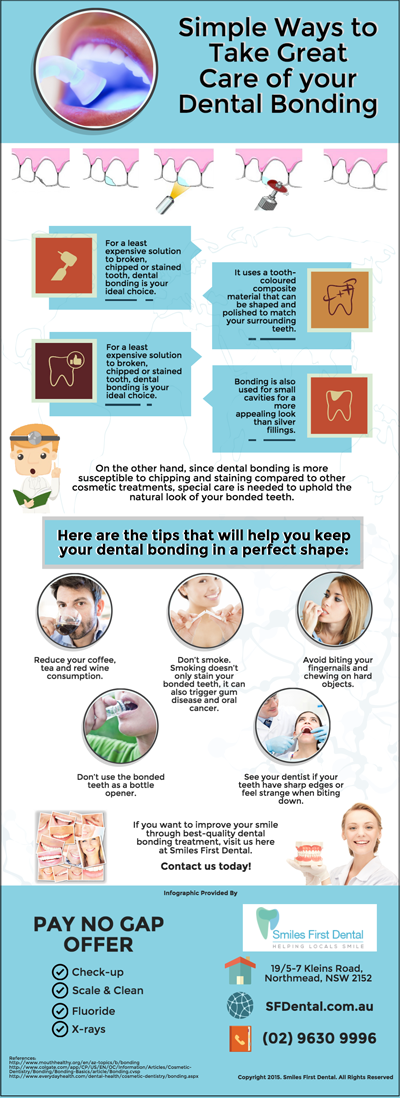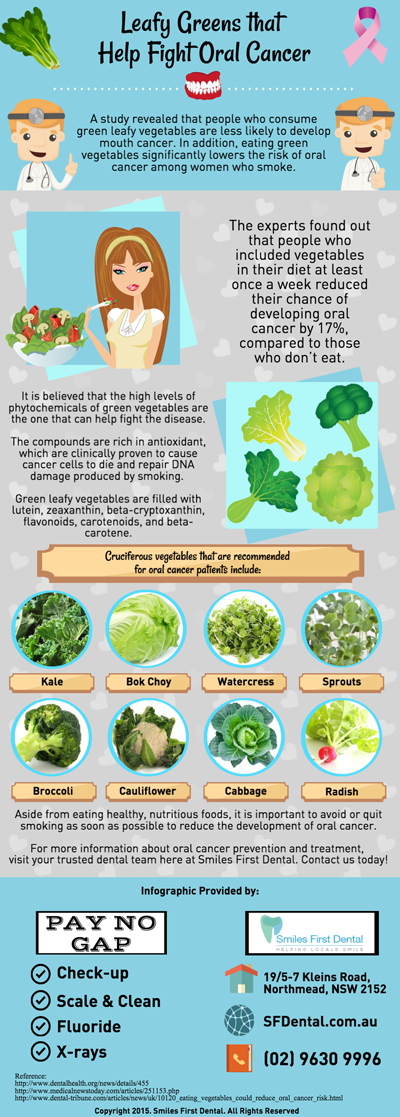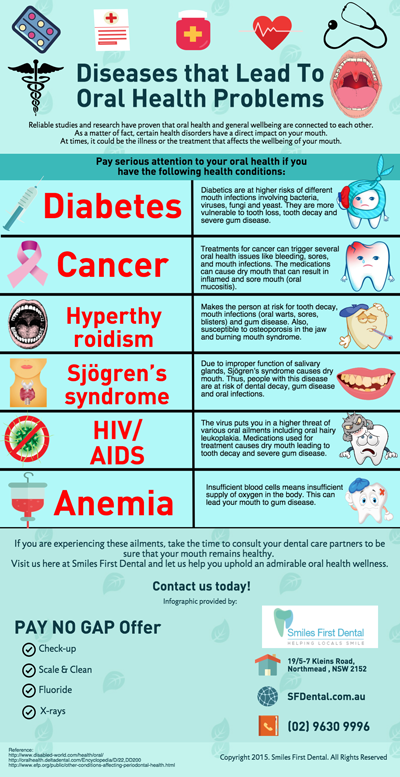Oral Health Northmead
Simple Ways to Take Great Care of your Dental Bonding
Prevention and solution for top 10 dental problems
A fresh and clean mouth is a healthy sign that your mouth is probably in good condition. On the other hand, if you will not be persistent enough with your oral hygiene and still continue doing things that may harm the teeth, then you are still at risk of developing these various mouth problems.
Overbite: The Importance of Correcting the Bite
Periodontal Health: What is Gingivitis?
 Gingivitis and gum disease are common dental terms that most people often used interchangeably. But according to dental experts, gingivitis is actually the early stage and mild form of gum disease. The condition is generally triggered by lack of proper dental care, which encourages the development of plaque and eventually, tartar.
Gingivitis and gum disease are common dental terms that most people often used interchangeably. But according to dental experts, gingivitis is actually the early stage and mild form of gum disease. The condition is generally triggered by lack of proper dental care, which encourages the development of plaque and eventually, tartar.
Moreover, gum disease is inflammation and infection that damages the tissues supporting teeth. In gingivitis, gums become pinkish, swollen, inflamed and bleed when brushing the teeth. Also, most people can acquire a mild case of gingivitis some period of their lifetime. However, if gingivitis is left untreated, it can progress to a severe gum disease called periodontitis.
Common Symptoms of Gingivitis
If you experience or notice the following symptoms, then it is time for you to visit your dentist for the inspection of your gum health. These includes:
Leafy Greens that Help Fight Oral Cancer
How to Treat Gum Disease Naturally
Effects of Stress and Oral Health Connection to Dental Wellbeing
 People who are under stress are quite noticeable at one glance. You will see changes in their appearance and actions. This is because stress can highly affect your general health, including your sleep and daily habits. On the other hand, stress also upsets the health of your mouth, teeth and gums. Researchers have discovered a link between stress and oral health. That is why if you are stressed today, you must double your efforts to uphold your oral health so as to help your body prevent upcoming dental health problems.
People who are under stress are quite noticeable at one glance. You will see changes in their appearance and actions. This is because stress can highly affect your general health, including your sleep and daily habits. On the other hand, stress also upsets the health of your mouth, teeth and gums. Researchers have discovered a link between stress and oral health. That is why if you are stressed today, you must double your efforts to uphold your oral health so as to help your body prevent upcoming dental health problems.
Know More about Stress and Oral Health Relationship
Cortisol, the stress hormone, is extremely raised when you are undergoing stress. This is why your immune system becomes weak and your body’s defenses against infections are ineffective. Plaque’s harmful oral bacteria are then ready to invade your gums, making stressed individuals highly susceptible to gum disease.
Aside from gum problems, stress has been also associated with the following oral health issues:



